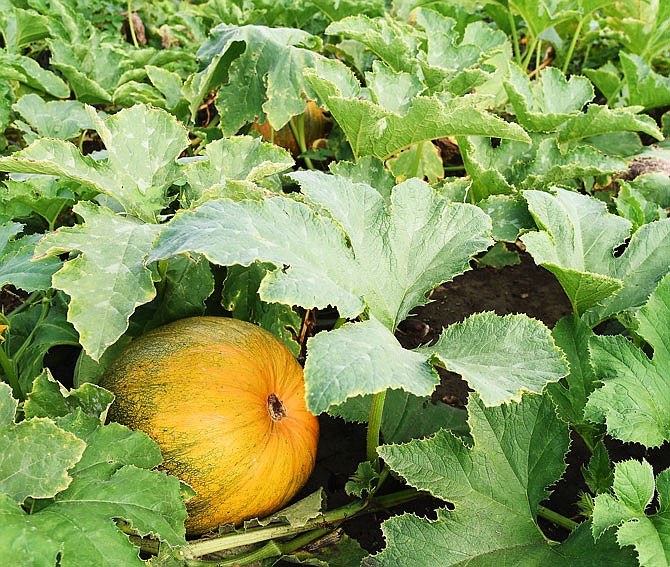With Halloween just around the corner, we are starting to see pumpkin decorations. Many people save the seeds found within the pumpkin. The seeds are roasted a variety of ways to be eaten as a treat later. Sometimes referred to as pepitas, these powerhouse seeds offer a wealth of nutrition.
Pumpkin seeds are a good source of nutrients, enhancing the heart, bones and many other body functions. They are considered a good source of potassium, magnesium and calcium. Plant seeds are also a good source of polyunsaturated fatty acids (PUFA) and antioxidants.
If you are looking to improve you bone health, pumpkin seeds are a great source of magnesium and calcium. Magnesium is needed for greater bone density to protect against fractures. This is important to post-menopausal women who are at greater risk of osteoporosis.
In addition, pumpkin seeds may help protect against type-2 diabetes. It is believed antioxidants found in the seeds improve reactive oxygen species (ROS), and in turn reduce diabetic risk. Studies have indicated risk of developing diabetes drops by 15 percent with a daily 100 milligram increase of magnesium intake.
Both heart and liver benefits from the omega-3 and omega-6 fatty acids found in pumpkin seeds. Fiber in the seeds also help in lowering total cholesterol and risk of heart disease. Research has shown the plant sterols and phytosterols reduce LDL cholesterol and triglyceride levels. In addition, eating pumpkin seeds decrease the risk of thrombosis and arrhythmias. An added bonus is the reduced atherosclerosis. The oils within pumpkin seeds contain high amounts of vitamin E and other antioxidants. This benefits the immune system and maintains healthy blood vessels.
If you are having trouble sleeping, try having a snack of a few seeds before bedtime. Pumpkin seeds are a great source of the amino acid tryptophan. Tryptophan is used to treat chronic insomnia. The body converts tryptophan to serotonin (a hormone that inproves mood) or melatonin (the hormone linked to sleep). A few seeds will help you drift off in a relaxed state.
A 2009 study reported pumpkin seeds may be an effective treatment for benign prostatic hyperplasia (BPH). In addition, a 2014 study showed the seeds had benefit to both men and women in treating urinary disorders. They also reduced symptoms of overactive bladder. Consider adding pumpkin seeds to salads, granola or trail mix. Or perhaps make your own pumpkin seed butter in a food processor.
Dianna Richardson of the Health, Wellness & Nutrition Center in Jefferson City has served communities as a wellness practitioner for more than 20 years. She has her doctorate degree in naturopathy, a master's degree in health and wellness, a bachelor's degree in public health education and is a certified wellness specialist. Core to her practice has been the use of nutrition to enhance health and improve vitality.


